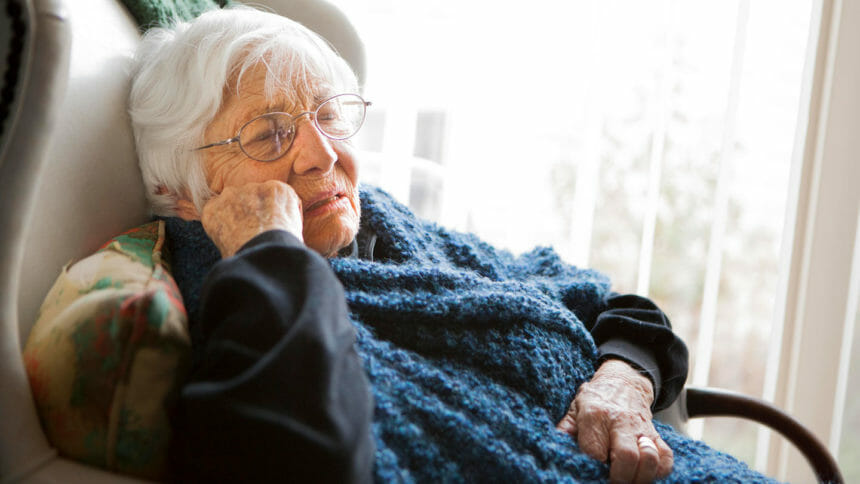
Five hours or less of sleep each night is a recipe for multimorbidity in seniors, say the authors of a new study.
Investigators examined sleep duration and its impact on health in more than 7,000 adults participants in the Whitehall II cohort study.
At 50, 60 and 70 years specifically, researchers studied the link between hours of sleep, mortality and number of chronic diseases diagnosed, or multimorbidity. Participants’ health outcomes were followed for 25 years.
Among the findings:
- Getting five hours of sleep or less at age 50 was tied to 20% greater odds of being diagnosed with one chronic disease, and 40% greater odds of having two or more chronic diseases when compared to a peer cohort who got seven hours of sleep.
- Similarly, those who slept five hours or less at ages 50, 60 and 70 had a 30% to 40% increased risk of multimorbidity when compared with the seven-hour sleepers.
- Five hours or less of sleep at age 50 was also associated with 25% increased risk of mortality over the full 25 years.
The finding of increased mortality is mostly explained by the link between short sleep duration and chronic disease risk, which in turn increases the risk of death, the authors noted.
Multimorbidity is proving to be a major problem for public health, as it is associated with hospitalizations, disability and high healthcare service use, they wrote. To help address this problem, clinicians can encourage their senior patients to get more sleep by promoting good sleep hygiene such as darkening the bedroom and removing electronic devices, and getting plenty of physical activity during the daytime, they recommended.
The study was published in PLOS Medicine.
Related articles:
Light exposure during sleep linked to diabetes, high blood pressure in seniors
What’s the ideal number of sleep hours for older adults? Study says 7




